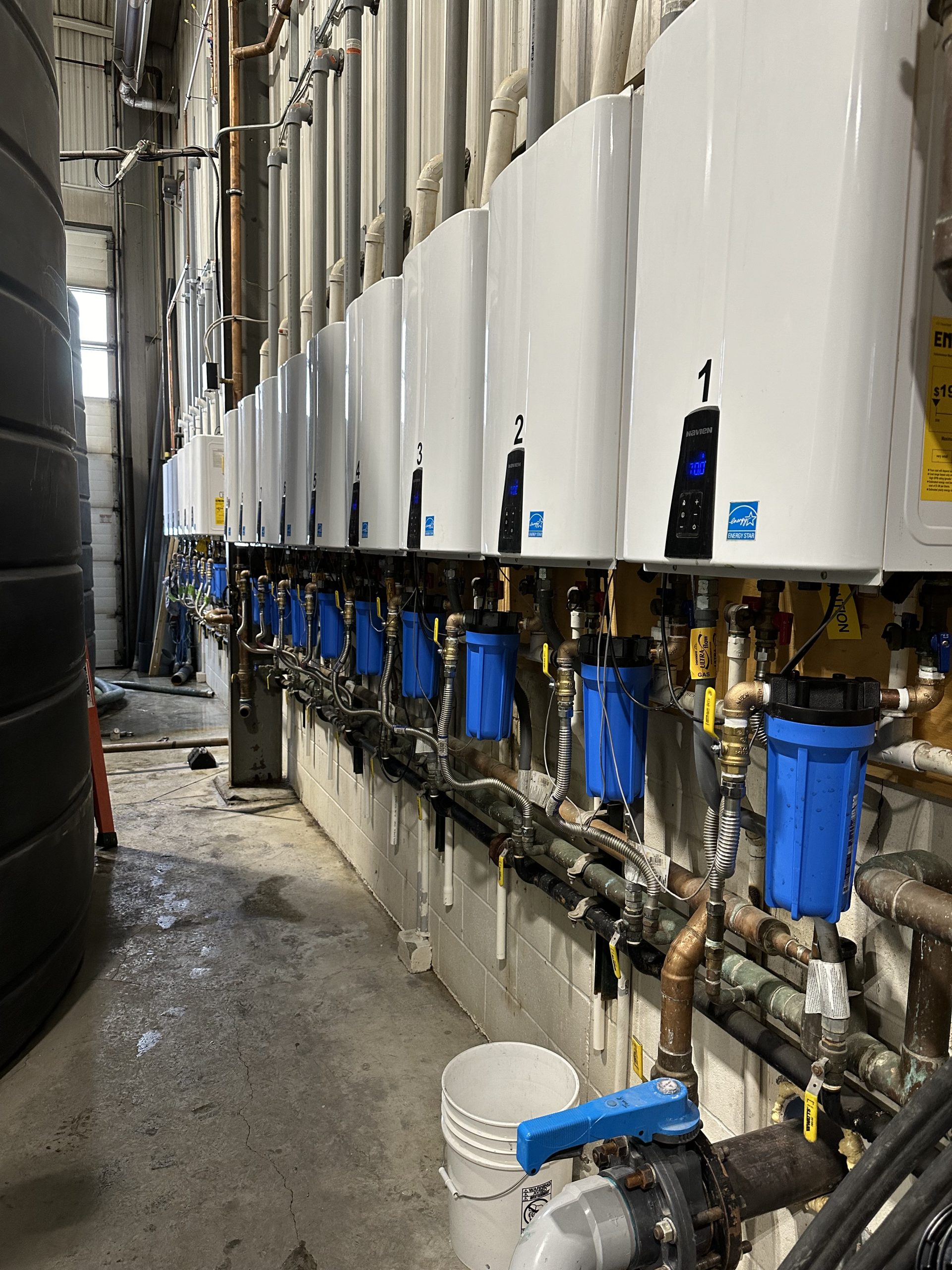Introduction
Hot water heaters are often an unsung hero in our homes. They provide us with comfort, convenience, and a sense of normalcy—whether it's a hot shower after a long day or clean dishes when we have guests over. However, like any other appliance, they can experience wear and tear over time. Knowing the signs that your hot water heater needs repair or replacement is crucial to avoid inconveniences and costly plumbing disasters down the line. In this article, we’ll dive deep into the various indicators that your hot water heater may require professional attention, along with practical plumbing tips to help you maintain your system effectively.
Signs Your Hot Water Heater Needs Repair or Replacement
A malfunctioning hot water heater can disrupt your daily routine significantly. But how do you know when it’s time to call a plumber? Here are some key signs:
1. Inconsistent Water Temperature
Are you frequently experiencing fluctuations in water temperature? If so, this could be an early warning sign that your water heater is on its last legs. A properly functioning unit should provide consistent hot water; drastic changes often indicate issues such as sediment buildup or a faulty thermostat.
Causes of Inconsistent Water Temperature:
- Sediment Buildup: Over time, minerals from hard water accumulate inside the tank, affecting heating efficiency. Faulty Thermostat: If the thermostat isn't functioning correctly, it won't accurately regulate the temperature of the water.
2. Leaks Around the Unit
Water pooling around your hot water heater is never a good sign. Leaks can arise from various sources—from pipes to fittings—and can lead to significant structural damage if left unaddressed.
How to Identify Leaks:
- Check for puddles or damp spots around the base of the unit. Look for rust or corrosion on pipes connected to the heater.
3. Strange Noises Coming from the Heater
Hearing unusual sounds like popping, cracking, or rumbling noises coming from your hot water heater? This could be due to sediment buildup at the bottom of the tank, which causes overheating and boiling of trapped water.
Common Noises Explained:
- Popping Sounds: Often a sign of sediment buildup. Rumbling Noises: Can indicate overheating problems.
4. Discolored Water
If your tap water appears rusty or discolored when you turn on the hot faucet, it may indicate internal corrosion in your hot water heater tank.
What It Means:
- Rusty-colored water usually signifies that metal components within the tank are deteriorating and may require immediate attention.
5. Age of Your Water Heater
How old is your hot water heater? Most traditional tanks last about 10–15 years; if yours is approaching this age mark without any major repairs, it might be time to consider a replacement rather than pouring money into frequent repairs.
Evaluating Age:
- Check for serial numbers typically located on the manufacturer’s label; they often include date codes.
6. Reduced Hot Water Supply
Are you running TMK Plumbing and Heating out of hot water more quickly than before? This could signal inefficiency in heating elements or sediment accumulation affecting performance.
Reasons for Reduced Supply:
- Scale buildup reduces heating efficiency. Faulty dip tube may not direct cold water correctly into the heating element.
7. Foul Odors from Hot Water
If you notice strange odors emanating from your faucets when using hot water—especially a rotten egg smell—it could be indicative of bacteria growth within your tank due to low temperatures.
Addressing Odors:
- Flushing the tank and increasing temperature settings can help eliminate bacteria growth.
8. Frequent Repairs Needed
If you're constantly calling in a plumber for minor repairs and adjustments related to your hot water heater, it might be more cost-effective in the long run to consider investing in a new unit.
When Frequent Repairs Become Costly:
- Keep track of repair costs; if they exceed 50% of replacement costs within two years, it’s probably time for an upgrade.
FAQs About Hot Water Heaters
1. How often should I flush my hot water heater?
Flushing every 6 months helps remove sediment buildup and prolongs its lifespan.
2. What type of maintenance does a hot water heater need?
Regular inspections, flushing sediment buildup, checking sacrificial anodes for corrosion prevention are essential maintenance tasks.
3. Can I replace my own hot water heater?
While DIY replacements are possible for those with plumbing skills, hiring a licensed plumber ensures safety and compliance with local codes.
4. How do I know what size hot water heater I need?
To determine size requirements accurately, consider household size and peak usage times; consult guidelines provided by manufacturers as well.

5. Are there energy-efficient options available?
Yes! Consider ENERGY STAR-rated heaters that save energy costs over time while providing reliable service.
6. What should I do if my heater starts leaking?
Shut off power supply (gas/electric), turn off cold-water valve immediately; then contact a qualified plumber for emergency assistance.
Conclusion
Being aware of “Signs Your Hot Water Heater Needs Repair or Replacement” can save you both time and money while ensuring uninterrupted access to one of life’s simple comforts—hot water! Regular maintenance checks by skilled plumbers combined with awareness of potential warning signs will go a long way toward keeping this essential appliance running smoothly throughout its lifespan. Remember that prompt action when noticing these signs will not only enhance efficiency but also extend its longevity significantly!
Feel free to reach out to local plumbing experts whenever you're unsure about maintenance techniques or repairs needed on any part of your plumbing system!